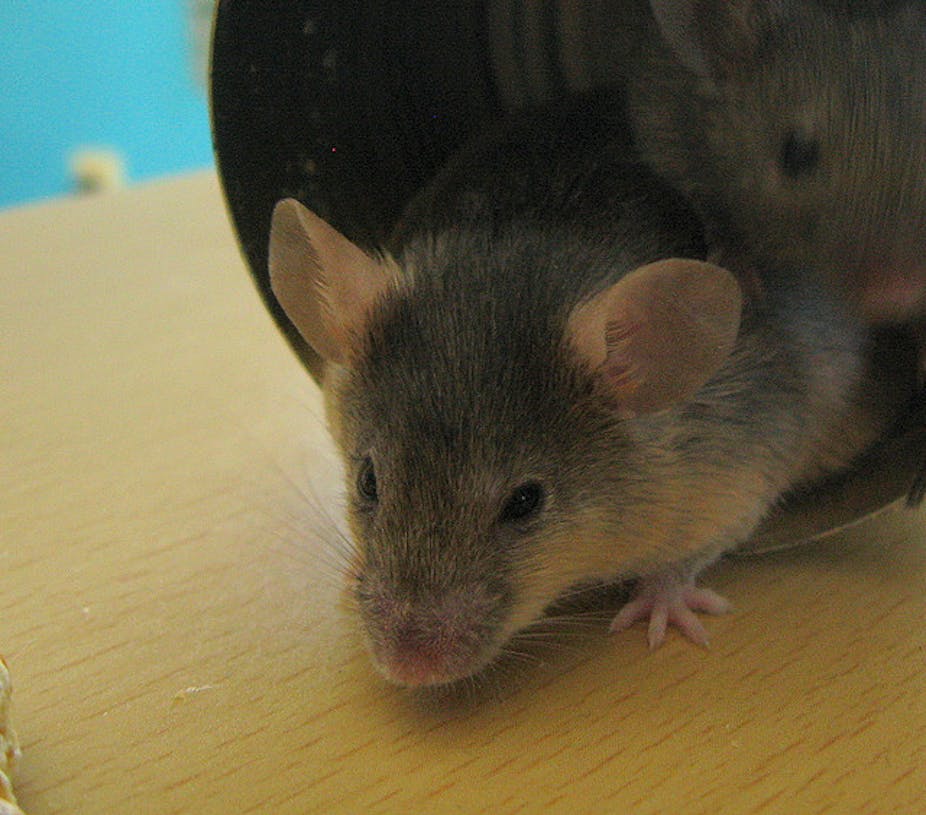The proportion of people with desirable physical traits could rapidly accelerate over a few generations with the aid of a diet that tweaks particular genes, a study suggests.
Research by a team at Sydney’s Victor Chang Cardiac Research Institute shows that traits can become steadily more common in a population through “epigenetic” changes, but that these changes can also be just as quickly reversed.
Epigenetics is an area of research that considers how genes are switched on or off - typically through an environmental stimulus, such as a change in diet. Unlike the genetic changes integral to Darwin’s theory of evolution and natural selection, epigenetic changes do not involve permanent mutations in the genetic code.
The researchers fed a group of mice a diet rich in supplements such as folate, zinc and vitamin B12, which help to suppress obesity in mice by turning a particular gene off.
When the diet was continued in the lean mice over five generations, the epigenetic effects were inherited. The proportion of lean and healthy specimens in each subsequent generation increased, without any change to the genetic code of the mice.
The research, published today in the journal Proceedings of the Royal Society B, showed that the diet-induced epigenetic changes were reversible - unlike genetic changes, which cannot be undone.
When the researchers weaned the mice onto an unsupplemented diet, the proportion of lean mice started to fall within three generations.
The leader of the study, Dr Cath Suter, who is Head of the Epigenetics Laboratory at the Victor Chang Institute, said that this “reversibility could be very advantageous if a change in environment was only temporary, say, a change in climate. Populations could adapt quickly but retain the ability to revert back if necessary.”
The findings could also have implications “for a number of other trends and changes in our population, such as the obesity epidemic that we’re seeing all over the western world right now,” she said.
Victor Chang researcher and co-author on the study, Dr Jennifer Cropley, said that whereas genetic changes took many thousands of years to spread through a population, epigenetic changes occurred much more rapidly.
“Epigenetic changes can occur in multiple individuals simultaneously and potentially be passed on by all of them.”
Dr Marnie Blewitt, from the Walter and Eliza Hall Institute, described the findings as reassuring - they suggested that the human population was well equipped to respond quickly to environmental insults, but revert to the norm once the crisis had passed.
“It is possible that some human traits that rapidly gained prevalence were the result of an interaction between epigenetics and some environmental insult at the time.
"Moreover, it is possible that environmental insults present today could result in swift changes in the appearance of the human population within just a few generations; far more quickly than selection of a genetic trait would allow.”

